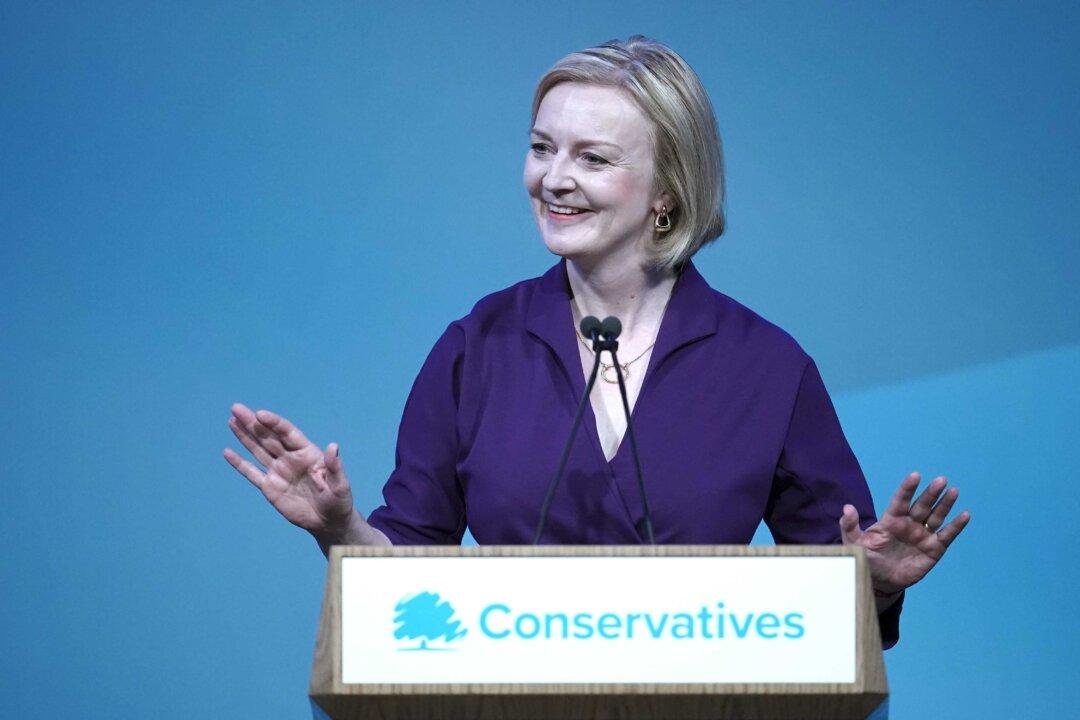The UK’s Foreign Secretary Liz Truss is to be the next prime minister after she won the Conservative leadership contest, defeating former Chancellor of the Exchequer Rishi Sunak by a margin of more than 20,000 votes.
She will replace current Prime Minister Boris Johnson, who resigned on July 7 after more than 50 government ministers resigned, saying they had lost confidence in him as leader. It followed Johnson admitting it was a “mistake” to keep Chris Pincher on as a government whip despite sexual misconduct allegations against him.





